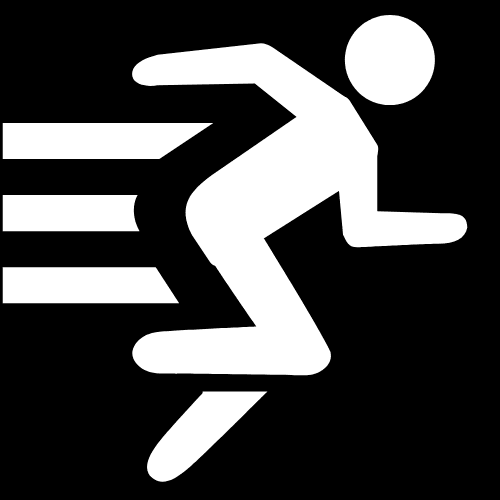Your glycogen levels are somewhat reduced when you get up in the morning since you have been in a fasting state for many hours, meaning that you have not eaten anything during that time. This has repercussions in a few different areas. While there is an increase in fat oxidation, there is a loss in the capacity to resistance train due to low glycogen levels.
The relevance of this is that doing cardio in the morning at a lower heart rate (less than 60 percent) will enable you to burn a larger proportion of fat for energy, will keep you energized throughout the day, and will, anecdotally, boost your metabolism throughout the day.
Even when calories are kept the same, research has shown that doing exercise before breakfast has more of an impact on preventing fat accumulation in situations when there is an excess of calories than doing cardio after a meal.
The reason for this is that “evening people” are often successful in the evening but struggle mightily in the morning, while “morning people” tend to be successful in the morning, as well as in the afternoon and evening.
In a general sense, morning people are more influenced by the evening than evening people are influenced by the morning.
Even if you are the sort of person who thrives in the “in-between” hours, I believe it is essential to acknowledge that the afternoon is superior for a number of reasons.
To begin, the spine has been brought back to life. When a person is asleep, their spine is likely to remain in a horizontal posture for a number of hours at a time. It is not a good idea to place a heavy load on the spine immediately after waking up, since this is the most probable period to sustain an injury to the back.
Second, while coffee may help alleviate the symptoms of mornings to some extent, it cannot do so entirely.
Third, the hormone cortisol, which is catabolic, is often at its highest level in the morning. Exercising when you have a hormone that is already breaking down the muscle tissue in your body is probably not the best option.
Fourth, the peak times for the body’s core temperature, maximum muscular strength, and maximum blood pressure all occur in the late afternoon to early evening.
The fact that the majority of track and field world records are established around that period shouldn’t come as much of a surprise to anybody.
Even if you can only exercise in the morning, doing so is preferable to not exercising at all so long as you do not deprive yourself of sleep to do so. If you are, then it is not worth continuing to do so. It is more vital to get enough sleep.
Let’s assume that strength training is something that interests you. The information presented above reveals that your maximum strength and tolerance for discomfort occur in the afternoon. In the afternoon, you should be able to lift more weight and work out more intensely.
However, since your work-life balance is such that you are often exhausted at 6 o’clock in the evening after your long day and you have family responsibilities, in practice you miss workouts or train less intensely than you would want to.
You would be considerably better off if you trained regularly at the same time every morning at seven o’clock. This is of far more significance than the physiological benefits of doing out in the afternoon, which are quite minor in comparison.
You are one of those people who can’t function until they have had several cups of coffee and don’t really get going until 10 in the morning, but you want to lose weight, so running before breakfast in the morning should be the best option. However, in reality, you don’t really get going until 10 in the morning.
As a result, you miss a significant number of your runs, or you choose shorter or less strenuous runs because you lack the motivation to complete them. In such instances, it would be more beneficial to go for regular, more strenuous runs in the afternoon.








